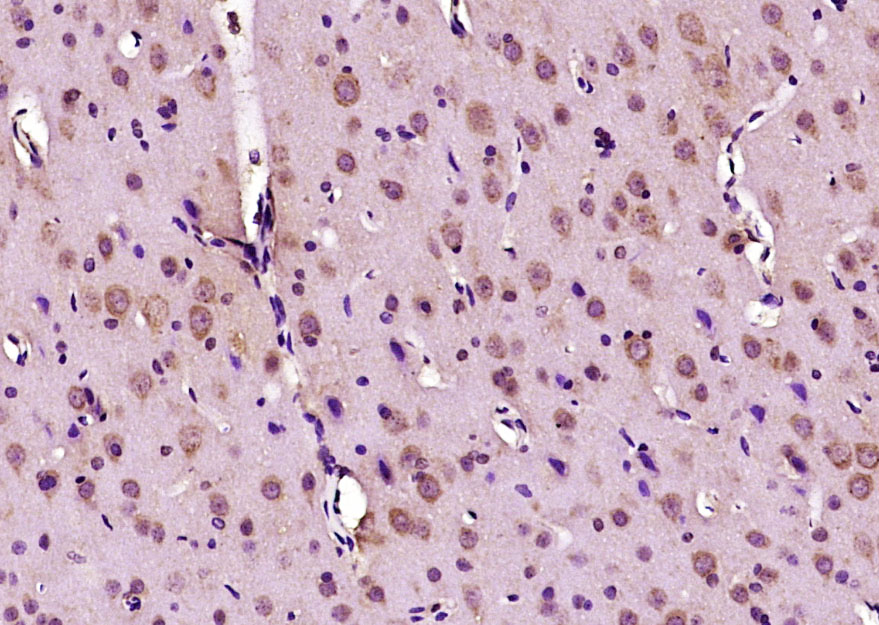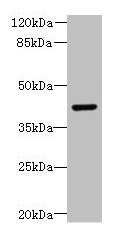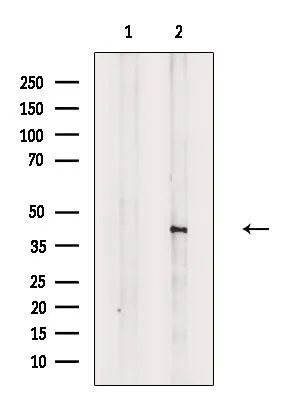
WB analysis of mouse lung tissue lysate using GTX03587 Doublecortin (phospho Ser335) antibody. The lane on the left was treated with the antigen-specific peptide.
Doublecortin (phospho Ser335) antibody
GTX03587
ApplicationsWestern Blot, ELISA, ImmunoHistoChemistry, ImmunoHistoChemistry Paraffin
Product group Antibodies
ReactivityHuman, Mouse, Rat
TargetDCX
Overview
- SupplierGeneTex
- Product NameDoublecortin (phospho Ser335) antibody
- Delivery Days Customer9
- Application Supplier NoteWB: 1:1000-1:3000. IHC-P: 1:200. *Optimal dilutions/concentrations should be determined by the researcher.Not tested in other applications.
- ApplicationsWestern Blot, ELISA, ImmunoHistoChemistry, ImmunoHistoChemistry Paraffin
- CertificationResearch Use Only
- ClonalityPolyclonal
- Concentration1 mg/ml
- ConjugateUnconjugated
- Gene ID1641
- Target nameDCX
- Target descriptiondoublecortin
- Target synonymsDBCN, DC, LISX, SCLH, XLIS, neuronal migration protein doublecortin, doublecortex, doublin, lis-X, lissencephalin-X
- HostRabbit
- IsotypeIgG
- Protein IDO43602
- Protein NameNeuronal migration protein doublecortin
- Scientific DescriptionThis gene encodes a member of the doublecortin family. The protein encoded by this gene is a cytoplasmic protein and contains two doublecortin domains, which bind microtubules. In the developing cortex, cortical neurons must migrate over long distances to reach the site of their final differentiation. The encoded protein appears to direct neuronal migration by regulating the organization and stability of microtubules. In addition, the encoded protein interacts with LIS1, the regulatory gamma subunit of platelet activating factor acetylhydrolase, and this interaction is important to proper microtubule function in the developing cortex. Mutations in this gene cause abnormal migration of neurons during development and disrupt the layering of the cortex, leading to epilepsy, cognitive disability, subcortical band heterotopia (double cortex syndrome) in females and lissencephaly (smooth brain syndrome) in males. Multiple transcript variants encoding different isoforms have been found for this gene. [provided by RefSeq, Sep 2010]
- ReactivityHuman, Mouse, Rat
- Storage Instruction-20°C or -80°C,2°C to 8°C
- UNSPSC12352203

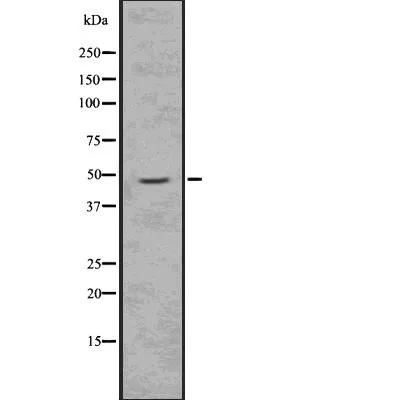
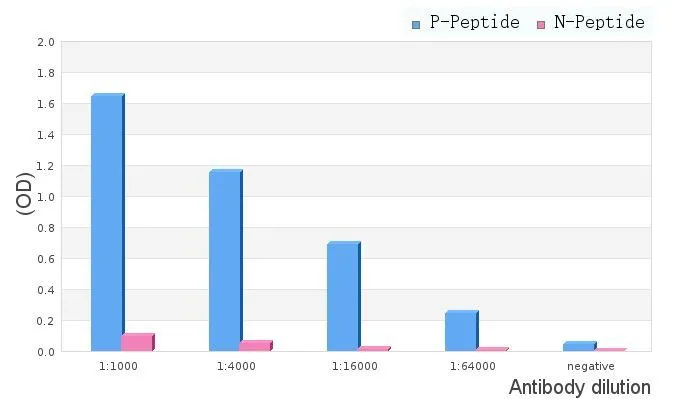


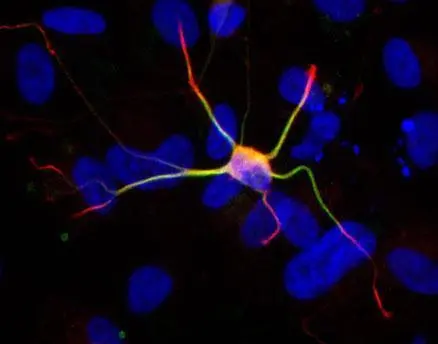
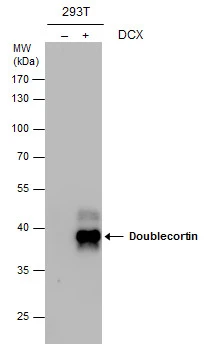
![WB analysis of human DCX recombinant protein using GTX60612 Doublecortin antibody [2G5].](https://www.genetex.com/upload/website/prouct_img/normal/GTX60612/GTX60612_20170912_WB_w_23061123_615.webp)
